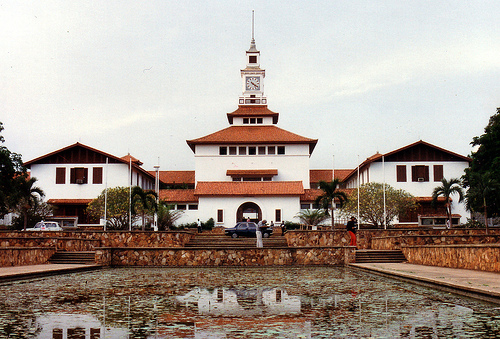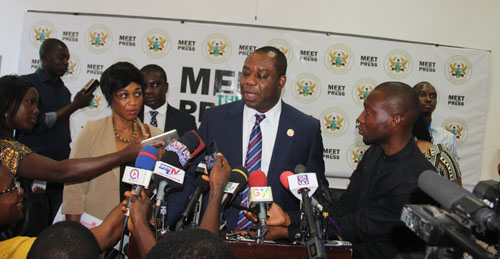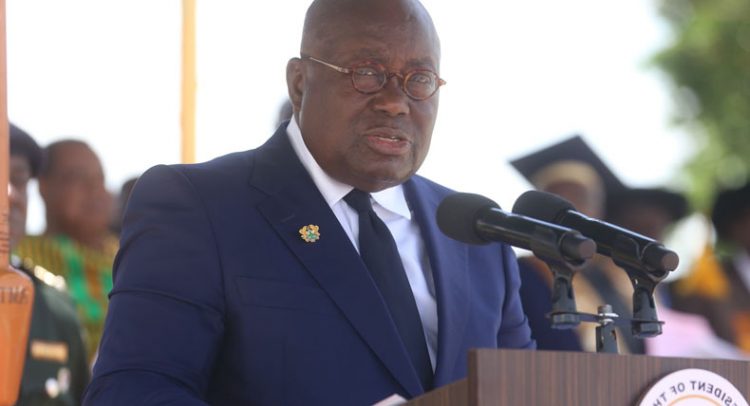Aside the one per cent increase, government is also expected to establish a National Research and Innovation Fund to address priority areas of research and development in support of national economic growth and poverty reduction.
This is contained in the new 80-page Tertiary Education Policy (TEP) document.
The TEP is also mandating all institutions of higher learning in the country to track their students’ performance on the job market after graduation.
Per the policy, universities, polytechnics and technical universities are required to “conduct tracer studies of their graduates every three years, and shall report same to the regulator”.
According to policy document, “Tertiary education institutions shall have appropriate information management systems to capture progression and attrition rates for each course, programme and institution as whole, and report same annually to the regulator.”
It says, “The regulator shall design and implement a tertiary education management information system for easy and reliable retrieval and analysis of data to inform policy.”
Preparation of the new educational policy began in February 2017 and received Cabinet approval on May 9, 2019, and a draft public university bill is being prepared to support the policy.
These came to the fore at a forum on tertiary education reforms in Accra.
The forum was to sensitise and create awareness about the Tertiary Education Policy and the legislative and institutional reform implications of the policy.
The policy comes under five structures; namely, Governance and Management, Equity and Access, Quality and Relevance, Financing, and Crosscutting issues.
The policy is also expected to crack down on academic fraud and abuse of academic titles.
The new policy document indicates that “academic fraud is a global phenomenon that has found its way into all professions”.
The document points out the risk of wrong people being employed in right businesses.
It said academic fraud undermines the credibility of the educational system.
According to the policy, “All forms of academic fraud are criminal and must be handled by the appropriate agencies.”
It states that “employers have the primary responsibility to confirm credentials presented for consideration for employment by job applicants”.
With respect to abuse of academic titles, the policy states that tertiary institutions shall enact statutes on the award and conditions for use of academic titles, including honorary degrees.
It says “appointment of Emeritus (Emerita) Professor must be based on statute, strictly on merit and granted only by the university from which the person retired as full professor”.
Furthermore, the policy directs that “only chartered institutions may award honorary degrees and appoint emeritus professors.
In response to the rampant abuse of academic titles, the National Accreditation Board (NAB) has often had to issue public statements to provide guidance and education.
Minister for Education, Dr Matthew Opoku Prempeh, speaking at the forum, bemoaned the lack of a tertiary education policy document in Ghana.
He stated that in coming out with the current policy, government had looked at international best practices.
According to him, the tertiary education policies of 10 countries, including Finland, Denmark, Singapore, Kenya, South Africa and Uganda, were thoroughly studied in coming out with the policy.
By John Elliot HAGAN, Accra











 (Selorm) |
(Selorm) |  (Nana Kwesi)
(Nana Kwesi)